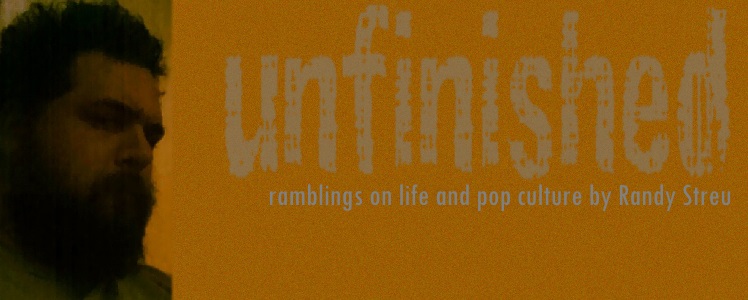This actually works well for me. As I have a background in video production as well, I find this helps me in my client relations. We speak the same language, as it were. I understand their needs from a production standpoint, and they know what they want -- and what's possible -- from me. Very often, they are also small businesses or freelancers themselves, so we understand one another when it comes to time spent on a project and, generally, payment.
The limitations of a subcontractor, however, are worth taking note of. For one, my client is generally not the end user. This can sometimes mean waiting for feedback longer than you normally would working one-on-one with the end user. Occasionally, this can also mean waiting to get paid until the project is finalized -- which means holding my breath until whatever back and forth takes place between the initial contractor and the client.
Being a subcontractor brings with it an element of uncertainty. I only rarely get direct feedback from the end user. I rarely know whether they're truly happy with my work, or even what the end product will look like when it's all said and done (sometimes, if I ask nicely, I can get a link or a copy of the finished product for self-evaluation and portfolio purposes -- but not always).
So, these are things you get used to. That said, if you're new to subcontracting, here are a few helpful tips to keep in mind.
1. The initial contractor is your client.
Your only concern is in doing the job the contractor asked you to do. You don't need to concern yourself with their relationship with their client, with the scope of their work, or with any part of the project outside those pieces for which you are responsible.
2. The initial contractor is your client.
Unless the end user decides he or she needs to open communication with you, your job communication begins and ends with the initial contractor. The end client probably doesn't know who you are, and honestly probably doesn't care. His or her connection to the project is with the person they contracted to get the work done.
Whatever happens to the project after you've done your part and have been paid is not really your concern. As long as your client is happy with the work you've provided for them, you've done your job.
The end client may or may not decide to use the work you did in the final project. This is entirely up to them. I had one contractor for whom I did a job, and then the end client decided they wanted to go with a stand-up presenter rather than a voice over. It happens. MY client, to their credit, paid me anyway.
Which brings up the final point:
5. The initial contractor is your client
You are hired by the contractor to do a job. Your completion of your end means you get paid, regardless of what happens on their end. If you do your job to your client's specifications, they owe you for that work. If the end client doesn't like the finished product, doesn't pay, or goes belly up, these things are not your problem. You bill the contractor; the contractor bills the client. You are hired to perform a service for their project, not to guarantee success of that project.
Obviously, your mileage may vary. For example, if in the case of points 4 and 5 the client for whatever reason decides not to pay the contractor for whom you worked, you may well decide -- entirely at your discretion -- to cut them a break. Making small sacrifices in order to save a solid and lucrative working relationship may well be something you're comfortable with. Particularly if they, like you, are a small operation. Sometimes, freelancers decide to help one another out, and a little bit of goodwill goes a long way.
But do not write such concessions into your contract, and do not agree to them if the contractor puts them in.
I did a job once, after which, for whatever reason, the client decided to use a different voice talent for the final product. Presumably, they wanted a younger-sounding, higher-pitched voice, since that's who they ended up getting. It's not a big deal, and it doesn't reflect on your work -- it just happens. But again -- and I can't stress this enough -- you did the work. If the contractor's client decided to go in a different direction, that really isn't your problem. Your contract was with the contractor, and you completed the work assigned.
Fortunately, I have yet to run into a situation where I've needed to enforce this rule -- again, since most of my clients are small businesses themselves, they understand how it works, and mostly likely have the same rules when they are subcontracted.
The most important thing is to understand where your clients are coming from. In fact, let's make that point #6.
6. The initial contractor is your client.
If they are doing contracted work, be willing to have some patience where communication and timing are concerned. If their demands start to seem unreasonable (for example, if, after approving your work, they suddenly need a revision, and need it an hour ago), keep in mind that they are probably dealing with a similar situation on their end. If they could have given you notice, probably, they would have. After all, they have just as much a vested interest in getting the project finished and getting paid as you do. Shrug it off, do the job, and commiserate with the contractor over beers later on.



